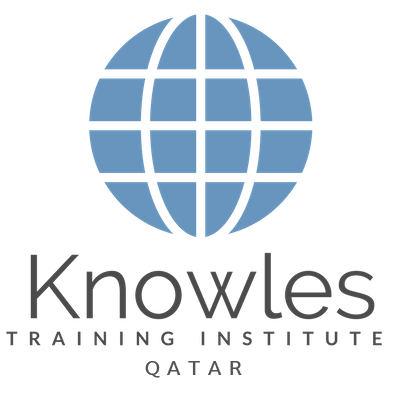Skip to content
Active RecallIntern1bksiuevej76kHhK2023-07-17T11:35:04+08:00
Active Recall
Maximizing Learning Efficiency: Harnessing the Power of Active Recall
- Active Recall and Transfer of Learning: Active recall facilitates the transfer of learning. By engaging in retrieval practice that spans various contexts and applications, learners strengthen the connections between different pieces of knowledge, enabling them to apply learned concepts to new situations.
- Active Recall and Reflection: Active recall encourages reflection. By actively retrieving information and reflecting on its significance or implications, learners deepen their understanding, connect new knowledge with prior knowledge, and gain deeper insights.
- Active Recall for Error Detection: Active recall aids in error detection. By actively retrieving information and comparing it to the correct answer, learners identify and rectify misconceptions, reinforcing accurate recall and promoting higher accuracy in their learning.
- Active Recall and Neural Connectivity: Active recall strengthens neural connectivity. By actively retrieving information, learners reinforce the neural pathways associated with that information, enhancing the overall efficiency and effectiveness of their memory retrieval.
- Active Recall and Transfer of Knowledge: Active recall facilitates the transfer of knowledge. By actively retrieving and applying information to different contexts or problem-solving scenarios, learners develop the ability to generalize and adapt their knowledge, improving transferability.
- Active Recall and Deep Understanding: Active recall promotes deep understanding. By actively retrieving and explaining information in one’s own words, learners engage in active processing and comprehension, leading to a more profound and integrated understanding of the material.
- Active Recall for Enhanced Reading Skills: Active recall improves reading skills. By actively retrieving and summarizing information from texts, learners enhance their reading comprehension, develop effective note-taking strategies, and improve overall reading efficiency.
- Active Recall and Metamemory Development: Active recall fosters metamemory development. By actively monitoring their own memory performance and evaluating their recall accuracy, learners gain insight into their memory strengths and weaknesses, improving their overall metacognitive awareness.
- Active Recall and Attention Span: Active recall strengthens attention span. By actively engaging with retrieval practice, learners train their attentional focus, improving their ability to sustain attention and resist distractions during learning activities.
- Active Recall and Multisensory Learning: Active recall integrates multisensory learning. By actively retrieving information through various sensory modalities, such as auditory, visual, or kinesthetic, learners enhance encoding and retrieval by engaging multiple pathways in the brain.
Page load link


